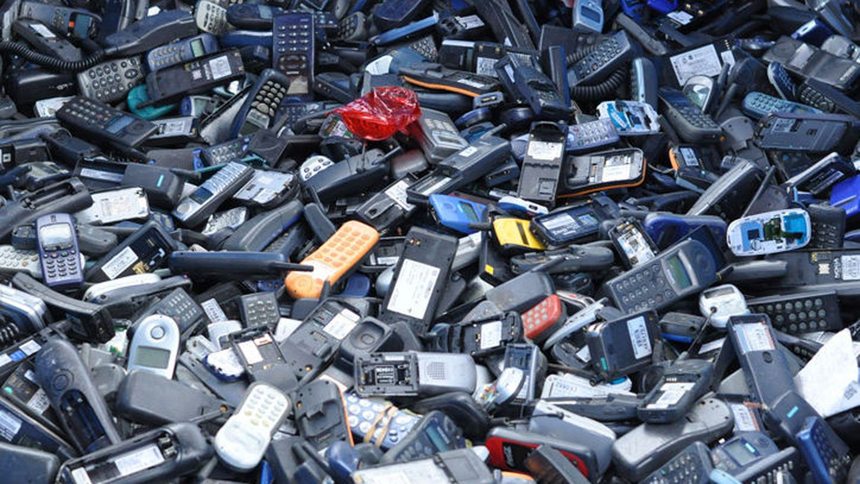
The Daily Star has published a brilliant profile today of Abul Kalam Azad, a little-known e-waste management entrepreneur based in Narayanganj, Fatullah, and his fast-growing e-waste management company Azizu Traders.
Most part of the article is your bog-standard profile of a growing business and a hardworking and far-sighted entrepreneur: the background of Abul Kalam Azad and his son Sidur, the company’s founders, how they started the company, its progress to date, it’s history of growth, skepticism from people around him, his dogged determination and future plans, etc.
What makes the story brilliant though is the story itself, the audacity of an entrepreneur and that it indicates the incredible potential of waste management in the context of Bangladesh.
Here is a quote from the story that explains the art of starting a business in plain and simple language:
“In 1984, he moved to Singapore with Tk 1 lakh. Later, he started to carry different electrical appliances in his luggage for selling them in Dhaka.
After computers became popular in the 1990s, he joined a Singaporean firm to learn about the machine. He worked there till 1995.
The following year, he began collecting and exporting reconditioned computers to as many as 20 countries. But he found a good number of computers beyond repair or reuse.
It was then that the idea of recycling came to his mind.
He researched Singaporean companies that recycled e-waste. His interest in the work grew fast, and soon he learnt about the business from a local recycler. In 2003, the self-made man took his son Sidur to that country and engaged him in the venture. Sidur too learnt about the business for three years.
In the meantime, Azad returned to Bangladesh and started collecting e-waste and exporting them to Singapore, working as a local agent for TES-AMM, a global leader in e-waste recycling.
On his return, Sidur first created a network of scrap traders and briefed them about the importance of e-waste.
He also gave advance to 300 such traders to collect and supply electronic waste, especially Printed Circuit Board, to their company.Initially, it was a tiresome task and the father and son were able to collect only 10 tonnes of waste in seven months. That was many years ago. Now, they collect 50 tonnes every month.
Azad and Sidur exported e-waste to Singapore regularly between 2008 and 2014. That year, they started their own recycling plant on an 80,000 square-foot area in Fatullah. They also had their 130 workers trained by experts from Singapore.
The plant also recycles fibre, mixed metal, aluminium, lead, copper, plastic and other items.”
Mohammad Al-Masum Molla, who wrote the profile, did a brilliant job explaining the journey of Mr. Azad and his business as well as the importance and immense potential of waste management in the context of Bangladesh, I highly recommend you read the whole profile.
Bangladesh is the ninth most populous country and twelfth most densely populated countries in the world. The urbanization in the country is happening at a rocket speed.
According to 2012 data, Bangladesh generates around 22.4 million tonnes of waste per year. The most dangerous news is that the rate is speeding every day. It is projected to reach 47, 064 tonnes per day by 2025. It is hard to access proper waste disposal system in the most parts of the country. This reality has turned Dhaka into one of the most polluted cities in the world.
As urbanization grows rapidly, this challenge will grow further. The reason why I’m so fascinated with this story is that it also offers an incredible entrepreneurial opportunity for anyone up for the challenge.
